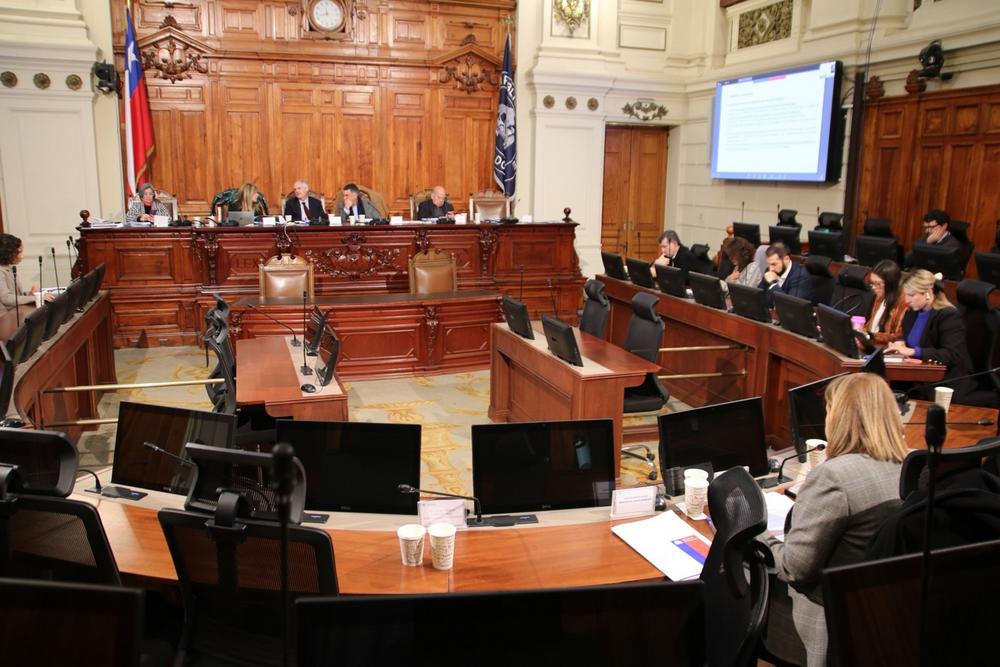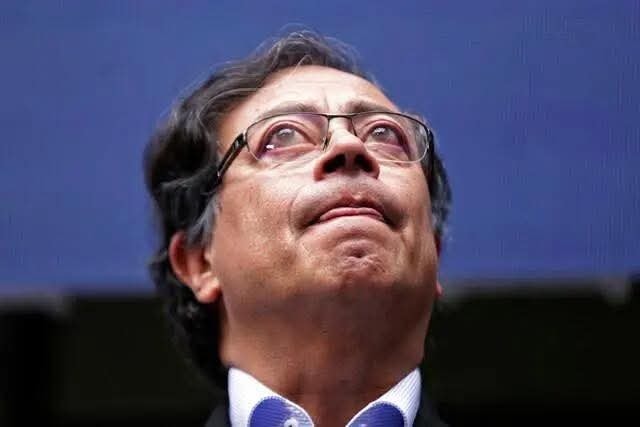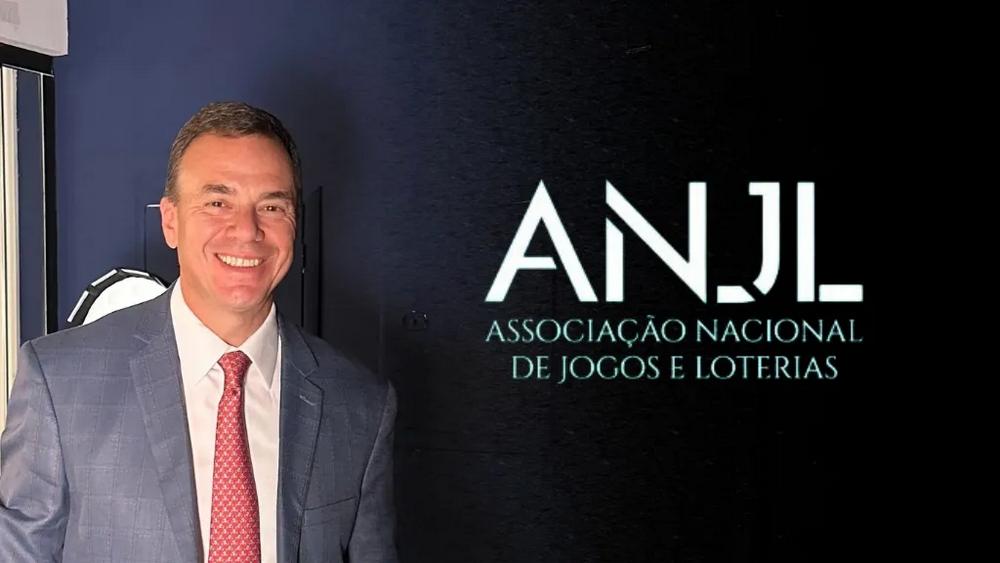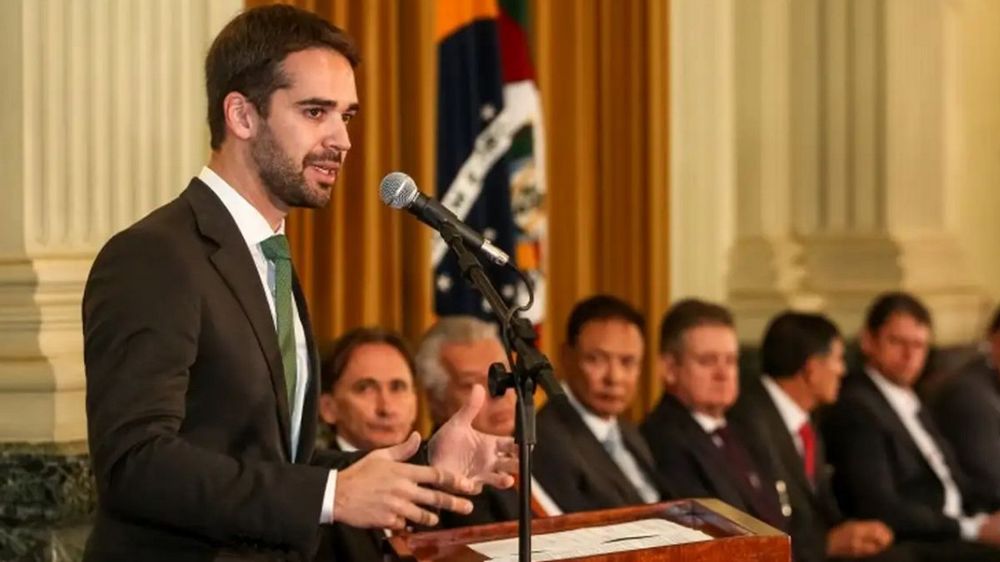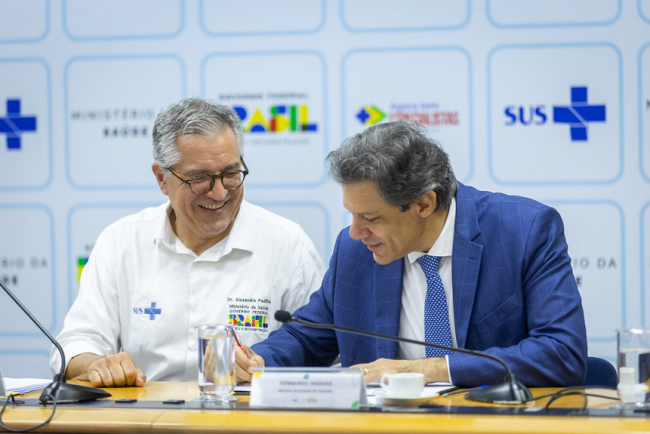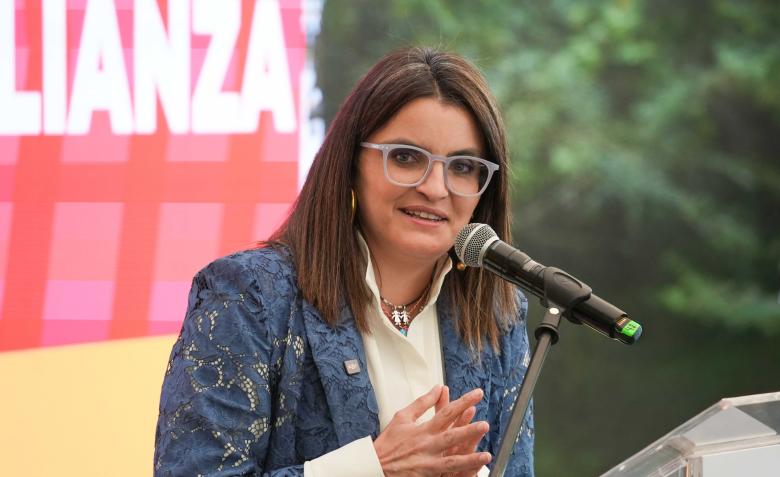Since July 1, 2024, Ecuador has enforced a 15% withholding tax on sports betting winnings, as stipulated by the Economic Efficiency and Employment Generation Law. Initially scheduled for January 1, 2024, its implementation was deferred to the year’s second half, granting operators additional time for adaptation.

This tax marks a significant step in formalizing the industry and aligning it with fiscal regulations.
Despite compliance efforts, licensed operators face challenges from illegal platforms that evade tax obligations, often capturing market share by offering higher payouts. To address this, industry leaders have employed innovative strategies to retain users and maintain market confidence.
In Ecuador, 65 betting companies are responding to the call to pay taxes.

Sportbet, for instance, began absorbing the tax on customer winnings from January 7, 2025. According to Carlos Montecé, Marketing Manager at Sportbet, this measure is designed to counteract the appeal of untaxed illegal platforms, ensuring customers receive the full value of their earnings. While the financial burden is considerable, Montecé emphasized that it is a necessary investment to sustain market competitiveness and uphold legal compliance.
Similarly, Ecuabet has adopted comparable measures.
CEO Liliana Zuluaga underscored the company’s commitment to integrity and transparency, emphasizing its adherence to global compliance standards. Ecuabet is actively enhancing platform security, promoting responsible gaming, and establishing stringent compliance protocols for 2025 to reinforce its position in the sector.
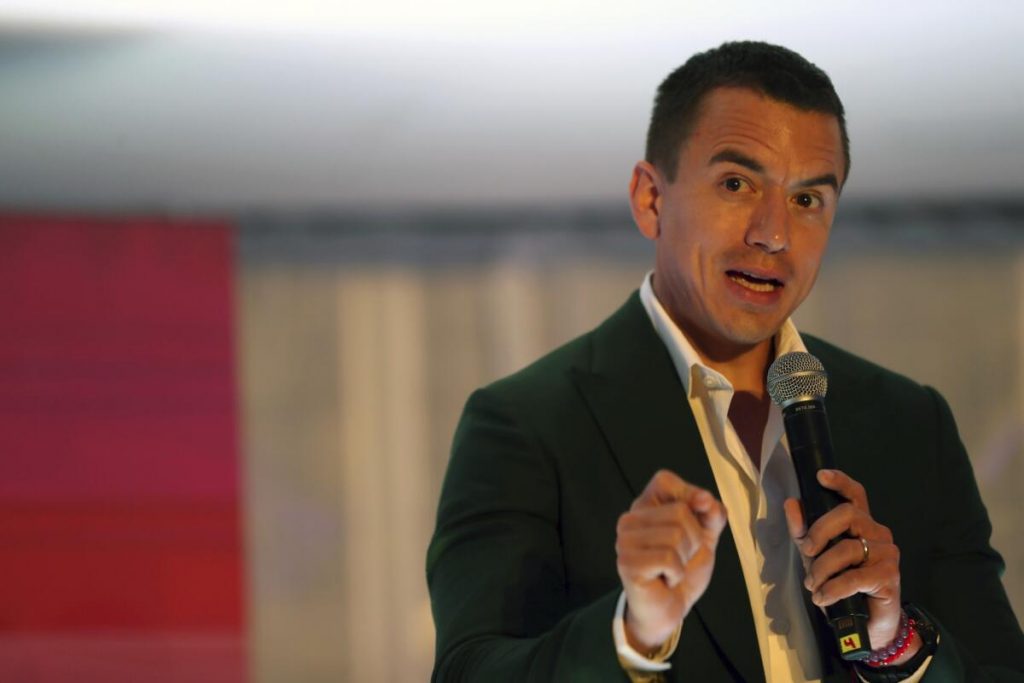
Adding a regulatory framework to the industry, President Daniel Noboa issued Executive Decree 487 on December 19, 2024. This decree mandates the acquisition of a sports betting license, priced at $438,850 and valid for five years. This license aims to eliminate unregulated operators, creating a level playing field for industry participants and safeguarding users.
As the regulatory landscape evolves, operators like Sportbet and Ecuabet remain optimistic about the long-term benefits of formalization. By aligning business practices with government directives, they seek to foster a sustainable and secure betting environment for all stakeholders.













